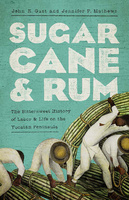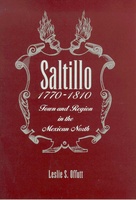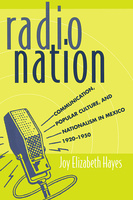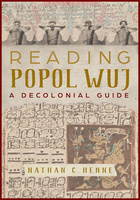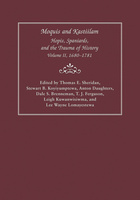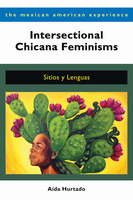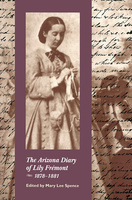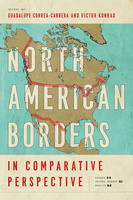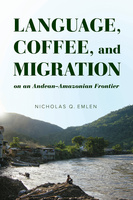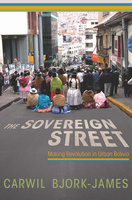The University of Arizona Press is the premier publisher of academic, regional, and literary works in the state of Arizona. They disseminate ideas and knowledge of lasting value that enrich understanding, inspire curiosity, and enlighten readers. They advance the University of Arizona’s mission by connecting scholarship and creative expression to readers worldwide.
Sugarcane and Rum
The Bittersweet History of Labor and Life on the Yucatán Peninsula
Radio Nation
Communication, Popular Culture, and Nationalism in Mexico, 1920-1950
Reading Popol Wuj
A Decolonial Guide
Moquis and Kastiilam
Hopis, Spaniards, and the Trauma of History, Volume II, 1680–1781
The second of a two-volume series, Moquis and Kastiilam tells the story of the encounter between the Hopis, who the Spaniards called Moquis, and the Spaniards, who the Hopis called Kastiilam, from the Pueblo Revolt through 1781. Balancing historical documents with oral histories, it creates a fresh perspective on the interface of Spanish and Hopi peoples in the period of missionization.
Intersectional Chicana Feminisms
Sitios y Lenguas
Advocating for and demonstrating the importance of an intersectional, multidisciplinary, activist understanding of Chicanas, Intersectional Chicana Feminisms provides a much-needed overview of the key theories, thinkers, and activists that have contributed to Chicana feminisms.
The Arizona Diary of Lily Frémont, 1878–1881
North American Borders in Comparative Perspective
Language, Coffee, and Migration on an Andean-Amazonian Frontier
This ethnography takes us to remote Amazonian villages, dusty frontier towns, roadside bargaining sessions, and coffee traders’ homes to offer a new view of settlement frontiers as they are negotiated in linguistic interactions and social relationships. The book brings together a fine-grained analysis of multilingualism with urgent issues in Latin America today. It is a timely on-the-ground perspective on the agricultural colonization of the Amazon, which has triggered an environmental emergency threatening the future of the planet.
The Sovereign Street
Making Revolution in Urban Bolivia
The Sovereign Street offers a rare look at political revolution as it happens, showing how mass street protest can change national political life. It documents a critical period in twenty-first century Bolivia, when small-town protests made headlines worldwide, where a generation of pro-globalization policies were called into question, and where the indigenous majority stepped into government power for the first time in five centuries.


